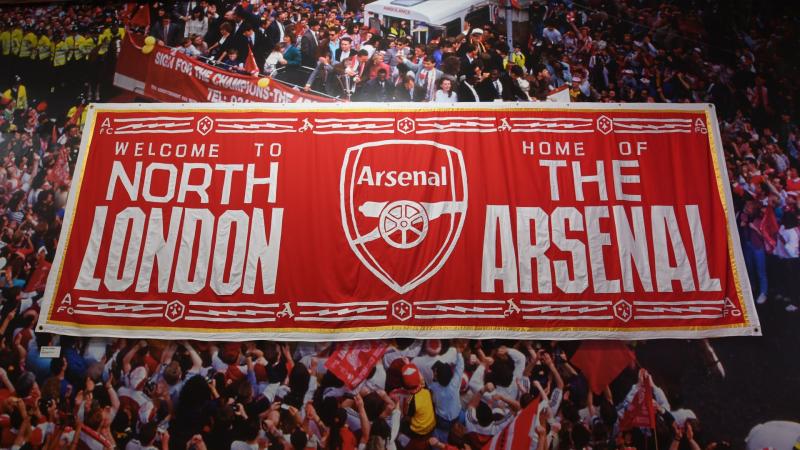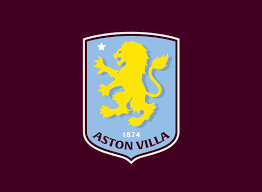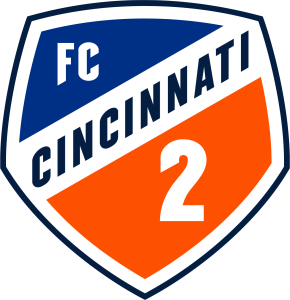
Arsenal FC
Arsenal FC is one of the most storied football clubs in history, rooted deeply in the heart of North London. From its inception in 1886 to its current status as a global brand and a competitive force in English football, Arsenal has captivated fans with its rich heritage, iconic stadium, and remarkable players. The passion surrounding the club reflects not only its success on the pitch but also its vibrant community and commitment to development off in https://789win.navy
The History of Arsenal FC
The journey of Arsenal FC started in an era where football was still finding its identity. Founded initially as Dial Square by workers at the Royal Arsenal in Woolwich, the team transformed into Arsenal FC and moved to Highbury in 1913. The evolution of the club is a fascinating chronicle of ambition, resilience, and transformation.
Early Years: Formation and Challenges
In the early years, the club faced numerous challenges, including financial instability and competition from other local clubs. Despite these hurdles, Arsenal’s determination to succeed led to significant developments.
The club gained promotion to the Football League in 1893 and quickly established itself as a formidable opponent. During these formative years, Arsenal struggled to maintain a consistent rhythm on the pitch, with fluctuating performances leading to mixed results.
The foundation laid during this period proved crucial for the future. It fostered a culture of hard work and perseverance that would define the club’s ethos for generations to come.
The Herbert Chapman Era: A Tactical Revolution
The arrival of Herbert Chapman in 1925 marked a pivotal moment in Arsenal’s history. Chapman introduced revolutionary tactics that changed how football was played. His innovative strategies and focus on fitness and teamwork propelled Arsenal to new heights.
Under his management, Arsenal won two league titles and reached the FA Cup final in 1927, ultimately winning the cup in 1930. Chapman’s vision helped modernize the game and laid the groundwork for Arsenal’s dominance in the subsequent decades.
His legacy is still felt within the Arsenal FC today, as many of the principles he instilled continue to influence Arsenal’s playing style and philosophy.
The Post-War Period and Continued Success
Post-World War II, Arsenal continued to build on its success with legendary players like Ted Drake and later, the likes of Dennis Bergkamp and Thierry Henry. Winning multiple trophies throughout the 50s and 70s solidified their reputation as a powerhouse in English football.
However, the club’s trajectory wasn’t always upward. Mid-century struggles were followed by resurgence, showing resilience and adaptability. The Arsenal FC navigated through transitions, embracing new challenges and evolving with the changing dynamics of football.
Despite ups and downs, Arsenal maintained its identity and continued to attract top talent, further establishing itself as a Arsenal FC synonymous with skill, flair, and attacking football.





